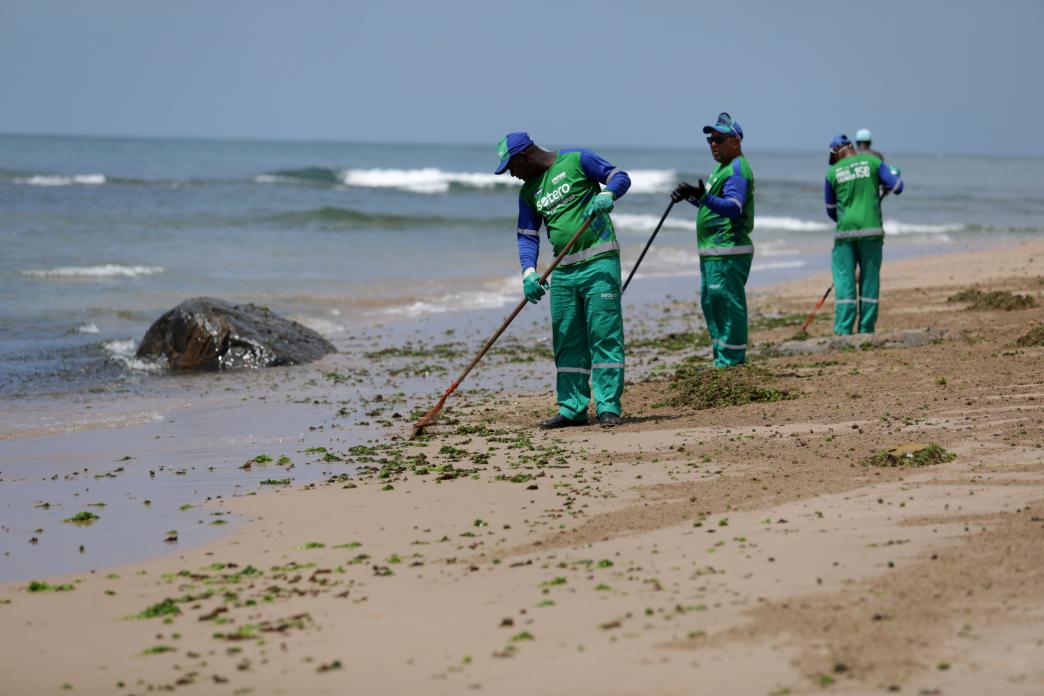
Governments and Companies Must Address Climate and Governance Risks When Petroleum Assets Change Hands
Whether driven by climate targets, reputational risk, financial considerations, or a combination of factors, some multinational enterprises are selling petroleum assets, sometimes as part of their decarbonization strategies. However, simply selling petroleum projects may not reduce, and may actually increase, climate impacts if assets are transferred from companies with stronger environmental and reporting commitments to those with weaker commitments. Moreover, unless handled responsibly, disengagement by reputable firms may increase certain other risks for host developing countries and their citizens, such as exacerbating weak governance, corporate capture and corruption, conflict, and human rights abuses. Governments, companies, investors and civil society actors should ensure that, when petroleum projects change hands, sustainability and governance standards do not slip. This may require revisiting approaches to petroleum laws and contracts and updating our understanding of company and investor social responsibility.
Seller companies should recognize that they too have important responsibilities. Sellers may soon see limits on a “clean” exit when transferring petroleum assets to less responsible parties. Increasing attention to the environmental consequences of such asset sales may mean growing reputational risks associated with irresponsible exits, along with pushback on whether such divestments should count as part of a company’s net-zero strategy. On the mining side, some legal experts have recommended that sellers conduct due diligence on buyers to assess their mission and reputation, ESG standards and adherence to international best practices, and that agreements include buyer commitments to maintain operating standards, stakeholder commitments and rehabilitation requirements. Such measures are critical for petroleum asset sales too, and sellers may build on existing approaches, such as buyer due diligence, to address anti-corruption risks. The appropriate mechanisms will depend in part on relevant laws of the applicable jurisdictions, but sellers will want to avoid the appearance of washing their hands of dirty projects to take a step forward on achieving their own net zero and ESG targets, while the host country and the planet take a step back.
Further, investors, regulators and standard-setting bodies that shape sector norms have a critical role to play in influencing company incentives and behavior. Climate disclosure and emissions reduction rules and standards must address reporting on transfers and transferred emissions. Emerging industry norms should also address broader risks associated with fossil fuel asset sales. These actors should develop standards that require sellers to conduct, and report on, due diligence on key policies and practices of buying companies, such as their environmental commitments, stakeholder engagement and measures to combat corruption internally and in engagements with high-risk partners.
Nicola Woodroffe and Erica Westenberg, ‘Governments and companies must address climate and governance risks when petroleum assets change hands,’ Columbia FDI Perspectives, No. 352, March 6, 2023. Reproduced with permission from the Columbia Center on Sustainable Investment.
Top photo by Spencer Thomas; bottom image by Shutterstock
Authors

Nicola Woodroffe
Senior Legal Analyst

Erica Westenberg
Governance Programs Director

